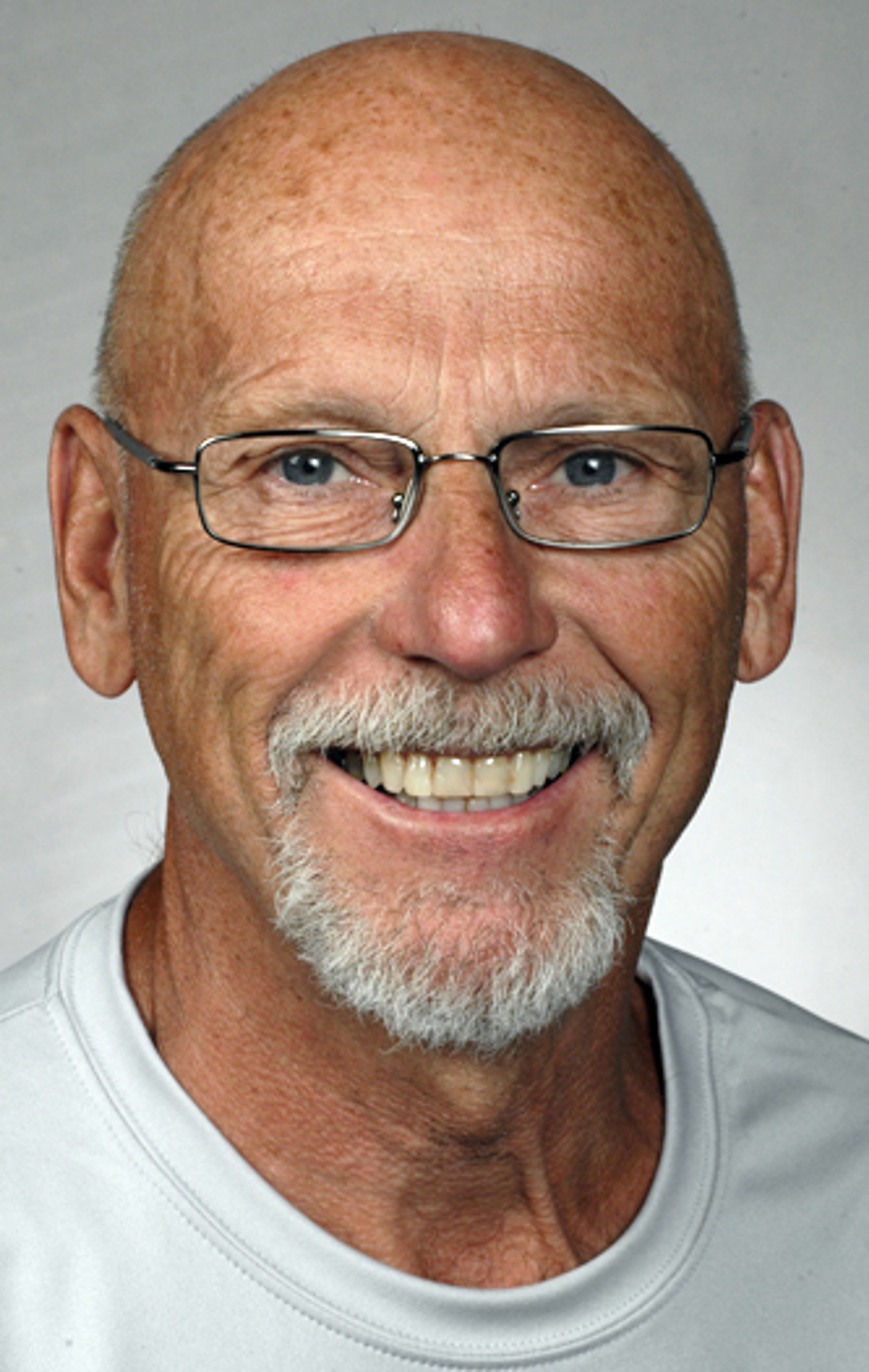He arrives as my world begins the crawl out of winter and I’m leaning into sunlight like a philodendron. As my weeks run soggy with grays and browns, he brings the warm reds of desert lands topped by a wild blue sky. He is my winter author and friend: Edward Abbey.
I warm up with “Desert Solitaire,” Abbey’s break-out book about his season spent rangering in Utah’s Arches National Park. He wanted to be a great American novelist, but it’s Abbey’s nonfiction that dependably breaks my cabin fever. This year, I add “One Life at a Time, Please” and the essay titled “A Writer’s Credo” tickles my brain.
Once upon a time, I wanted to be a nature writer, so smitten I was with Abbey’s way of taking me there. I even read and reread Abbey’s environmental and nature writing friends, Doug Peacock, Barbara Kingsolver, Terry Tempest Williams, Wendell Berry and Wallace Stegner. Author friends stick better than most, and they are all delicious reading for cravers of wild things. “Freedom,” Abbey said, “begins in the mind.” I’m a habitual binger of mental freedom and quickly find the moral edge of environmental issues brought by Abbey to be the moral edge of everything.
One of the Humanist Ten Commitments is Environmentalism, aka The-Be-All-End-All. Environmental health is the hinge upon which everything hangs. All human endeavors, all religious practices, and all the existence we can muster hinges on a healthy environment for human beings.
Unhealthy human environments are harmful, often murderous and always immoral. Abbey said this of anti-environmental capitalism: “Growth for the sake of growth is the ideology of the cancer cell.” To avoid metastasizing is the work of every sane, nonsuicidal, nonhomicidal, red-blooded moral human being.
For Abbey — for many of us — caring for our earthly home is a deeply meaningful, and some say a spiritual practice. His words: “My loyalties will not be bound by national borders, or confined in time by one nation’s history, or limited in the spiritual dimension by one language and culture. I pledge my allegiance to the damned human race, and my everlasting love to the green hills of Earth, and my intimations of glory to the singing stars, to the very end of space and time.”
But perhaps best is the way Abbey quipped a question: “Why is it that the destruction of something created by humans is called vandalism, yet the destruction of something created by God is called development?”
The truth is that caring for Earth’s environment as God’s creation is a serious tenet in every theistic religion I know of, Hinduism, Buddhism, Islam, Christianity, Jewish, and this makes environmentalism doubly, triply, infinitely righteous.
For the secular humanist committed to caring about the support and benefit of humans, environmentalism is moral common ground with the faithful. Organized religions and denominations, some with steeples near me, are urging members to act on environmental justice. I see adoptions of resolutions and initiatives called “creation care.” This does inspire my secular mind and swell my humanist heart.
To see Christians caring for creation alongside Buddhists, Muslims, Hindus, Jews, the unchurched spiritual-but-not-religious, and nonbelievers like me is the best in common ground I think we’re going to get. Ring the Unity Bell!
The assignment is this: use our freedom to practice religious tenets of environmental care, to act on our personal morals and ethical development to ensure the health of Earth. To theists and deists, today is for defending God’s creation. For life-loving folks of all creeds, today is for defending our home against the destructive forces of unethical anti-environmental corporate-quarterly-report-driven greed. Caring for Earth’s healthy human environments is practicing our religions (all of them) and it’s our constitutional right to practice them as hard as we can. Be brave.
My journey as a secular humanist writer is about bravery. The religious space can be both bristly and tender and words can trigger. So, I bolster up with “A Writer’s Credo” and claim my moral duty to speak truth as best I can, to not “shore up the wrong, the false, the ugly, the evil.”
According to Abbey: “the writer’s duty is to speak the truth, especially unpopular truth. Especially truth that offends the powerful, the rich, the well-established, the traditional, the mythic, the sentimental.” I’ll do my best.
The religious community’s recent environmental efforts, quiet as they are (I had to hunt for them), give me hope for humans and their beloved institutions. I had given up finding ethical common ground with the cancerous ideology of the manifest destiny crowd. But here’s to hoping I’ll see that turned into green action as God action. Or, as Abbey put it, “Sentiment without action is the ruin of the soul.”
I don’t know much about souls and Abbey is not for everybody, not even me full-time. Edward Abbey is opinionated, racist, acerbic, misogynistic, blasphemous, cantankerous, and catterwaulic. And yet he is for everyone — especially people who love Earth, our home.
#GreenActionIsGodAction #FervorForFlora #FervorForFauna
Marugg is a Secular Humanist supportive of healthy communities for both religious and nonreligious people. She can be reached at janetmarugg7@gmail.com.






